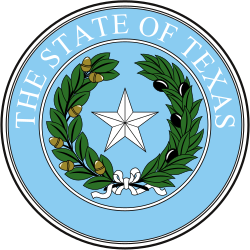Shall the City Council of the City of Plano, Texas, be authorized to issue general obligation bonds of the City in the principal amount of $18,750,000 for permanent public improvements and public purposes, to wit: developing, engineering, constructing, reconstructing, improving, repairing, extending, expanding and enhancing streets, thoroughfares, alleys, sidewalks, bridges, intersections, screening walls and other public ways, including participation in joint projects with federal, state and local public entities and agencies, computerized signalization and monitoring equipment and other traffic controls, grade separations, street lighting, noise abatements, necessary and related storm drainage facilities and improvements, and the acquisition of any needed land and rights-of-way therefor; such bonds to mature serially or otherwise over a period not to exceed FORTY (40) years from their date, to be issued and sold in one or more series at any price or prices and to bear interest at any rate or rates (fixed, floating, variable or otherwise) as shall be determined within the discretion of the City Council at the time of issuance or sale of the bonds; and whether ad valorem taxes shall be levied upon all taxable property in the City sufficient to pay the annual interest and provide a sinking fund to pay the bonds at maturity?
